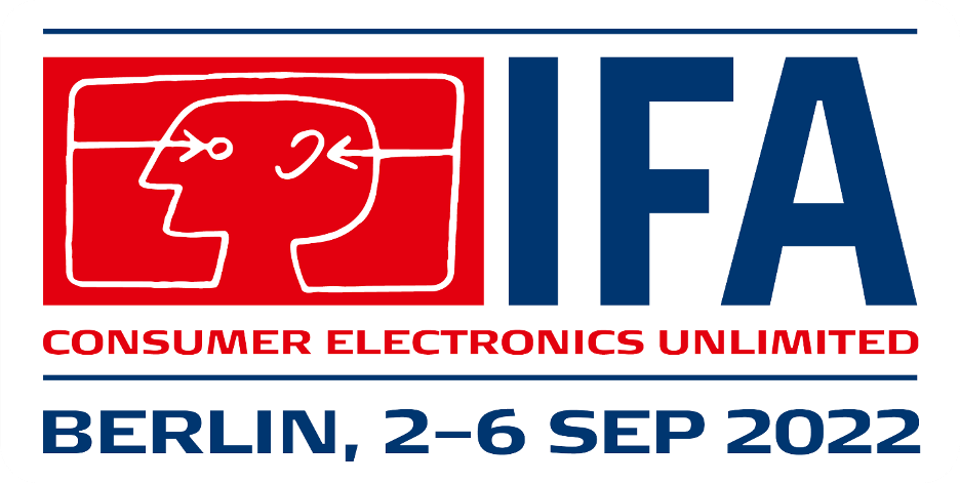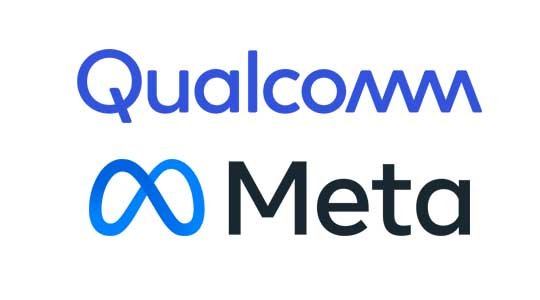Berlin Announcement
First announced earlier this month at the IFA 2022 trade show in Berlin, Meta and Qualcomm have signed a multiyear agreement that will see Qualcomm make custom chips to power Meta’s Quest devices.
Qualcomm, an American multinational corporation headquartered in San Diego, California, creates semiconductors, software and services related to wireless technology, and will use its Snapdragon XR extended reality platform to make customized chips that will go into future Quest VR headsets. Qualcomm’s technology already powers the Meta Quest 2 headset, and this long-term collaboration means the chipmaker is now well placed to tap into a huge opportunity.

Meta Platforms, Inc., known as Meta and formerly called Facebook until late 2021, is an American multinational technology conglomerate based in Menlo Park, California. The company owns Facebook, Instagram, and WhatsApp, among other products and services.

Meta is the market leader in VR headsets, with an estimated share of 90% due to the popularity of its Quest 2 VR headset.
“Bringing to Life”
On a video link at the Berlin conference, Zuckerberg said Meta’s development of the metaverse increasingly requires specialized technologies for VR headsets, Meta Quest platform and “other devices.”
“The metaverse will be built by creators and developers making new experiences and interoperable digital goods [that will] unlock a massive creative economy,” said Zuckerberg. “It’s going to require advancements in connectivity, compute technology and hardware to bring all of this to life. And that’s where Qualcomm comes in.”
Shipment Rise
Experts in the field are optimistic about the Meta-Qualcomm partnership, as estimates predict the demand for VR headsets is set to rise considerably over the next few years. IDC, a Massachusetts-based global provider of market intelligence, advisory services, and events for the IT, telecom, and consumer tech markets, forecasts VR headset shipments to hit 13.9 million units in 2022, up 26% over last year. By 2026, IDC sees annual VR headset shipments of nearly 35 million units.
For more market insights, check out our latest Digital Twin news here.













